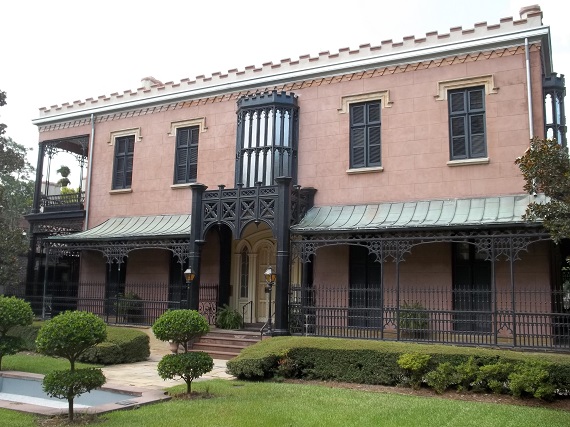The highest and most lasting achievement of 20th century American literature is Southern fiction. The great Southern writers present an imagined but realistic world. Unlike usually solipsistic Northern fiction, that world includes families over several generations centered in real places, historical context, memorable characters, and the challenging moral complexity of genuine human living.
This great Faulknerian/Agrarian story-telling tradition continues into our new century with full display in Athens: Reminiscences of the Porter-Hall Family Before, During, and After the War. The author is “E.B. Penrose,” the pseudonym of a Texas lady, Electra Briggs, who alas, died young shortly after the publication of the book. The volume contains original art illustrations.
You know, of course, which “War” is meant in the title. The scene is Georgia and one might say that Savannah plays a role almost as important as Athens. There is a host of believable Southern characters, especially women, who are immersed in the history of their times. Their speech, behaviour, and attitudes are engaging, recognisable from real life by any Southerner. But they are also idiosyncratic characters like Southerners often are.
This work is a memorable portrayal of Southern people amidst our history and thus an enjoyable and memory-provoking read.







Thanks for the review and recommendation.
My copy is on its way; thank you, Professor Wilson.
Since I’m a fiction writer too–well, only a handful of published short stories–I’ll add that the more explicitly or creatively a fiction writer thwarts the usual Southern stereotypes, or God forbid, questions the toppling of statues, the more she’s apt to receive a terse rejection. Or a, “we like your prose style, but why don’t you send something else?”
Happily, the past few years I’ve discovered a lineage I never knew existed, reading, for example, Professor Kibler’s Classical Origins of Southern Literature (didn’t know before that about Twain’s parody of the “Battle Hymn”) and so many other Abbeville and Reckonin’ contributors. Of course I’ve heard all manner of family stories about the WBTS and Reconstruction–driving through Atlanta with my father used to elicit descriptions of Sherman’s every movement in May 1864, or in the case of Kennesaw mountain hikes, a precise description of the June battle. But I didn’t know much of our literary heritage, and like any lifelong Humanities student enjoyed reading my Melville, Emily Dickinson, Henry James, and so on.
All good but the last few years I’ve been trying to be more creative. Recently I learned on this website about Jay Hubbell and have ordered his book, which wasn’t easy to procure and will take a week or so to arrive. Never heard of it, although I’m a Duke alum. Apparently he taught there for years.
All of this is to say thanks to everyone here trying to dig around and find subtler facts and stories and images not offered by our cartoonish public “dialogue.” If my father were alive, he’d think people had gone utterly mad, and he was also–stereotype shattering alert– a supporter of the Civil Rights movement.
Thank you, Abbeville, for trying to keep the stories alive.